Thinking about trying to lose weight? Or maybe you’ve just started on a weight loss plan and are looking for some tips to help you on your way. Either way, there are so many different ways of attempting to lose weight, but how do you know which ones work? The answer is not all of them. Many people try fad diets or extreme measures that often fail in the long run. But certain methods can help you achieve your goals and see results that last. Losing weight and keeping it off isn’t easy, but with the right approach, dedication, and these 15 tips, you can make it happen – one step at a time.

Thinking about trying to lose weight? Or maybe you’ve just started on a weight loss plan and are looking for some tips to help you on your way. Either way, there are so many different ways of attempting to lose weight, but how do you know which ones work? The answer is not all of them. Many people try fad diets or extreme measures that often fail in the long run. But certain methods can help you achieve your goals and see results that last. Losing weight and keeping it off isn’t easy, but with the right approach, dedication, and these 15 tips, you can make it happen – one step at a time.
Don’t crash diet
As much as we’d love it to be true, crash diets don’t work. They might help you lose some weight in the short-term, but you will almost certainly put it all back on again once you start eating normally again. A diet that is too restrictive can cause your metabolism to slow down, which means you’ll burn fewer calories every day. This can lead to you gaining weight in the long run, not losing it. When trying to make healthy changes to your diet for the long-term, make changes that you can stick to. Slowly but surely decrease the amount of unhealthy foods in your diet and increase the amount of nutritious foods. If you can do this, you will see the results you’re looking for in the long run.
Eat breakfast
Breakfast is often referred to as the most important meal of the day, and with good reason. When you wake up in the morning, your metabolism is at its lowest point of the day – so if you don’t eat anything then, it can be really hard to lose weight. However, eating a healthy breakfast as soon as you wake up can help to kickstart your metabolism, and give you the energy you need to make it through the day. A healthy breakfast can include eggs, oats, vegetables, or even peanut butter on toast. Whatever you choose to eat, make sure it is something nutritious, wholesome, and with enough protein to help you feel full until lunch.
Exercise regularly
Regular exercise can be a great way to help you lose weight, but be careful not to overdo it if you are attempting to lose weight. Exercising too much can actually lead to weight gain, so it’s important to find a balance. Aim to exercise for 30 minutes at least five times per week, and make sure to mix up your routine to prevent getting bored and finding an exercise you enjoy and are able to stick with. Exercising regularly can help boost your metabolism, and it can also help to control your appetite. Additionally, some types of exercise can help to shed water weight, which can be a great way to kick-start a weight loss program.
Track what you eat
As strange as it might sound, keeping track of what you eat is a great way to lose weight. Weighing your food or using a food tracking app can help you to see what you’re actually eating, and how much of it. Once you start to see what you’re actually eating, it can be easier to make healthier choices. If you’ve been trying to lose weight with little success, keeping track of what you’re eating might be the extra kick you need to break the cycle and start losing weight. Tracking your diet can also be helpful if you’re on a special diet, such as a low-carb diet, as it can help you to stay on track.
Be mindful of your food habits
Many people believe that certain foods can help you lose weight, but it’s not necessarily true. Certain foods, such as grapefruit, might help to increase your metabolism slightly, but it won’t help you lose weight overall. Instead, try to be mindful of your food habits. Observe yourself when you are eating, and try to identify any unhelpful patterns. For example, do you always eat a big breakfast and then skip lunch? Or are you always snacking between meals? These habits can be really hard to break, but they can make a big difference to how many calories you’re consuming and how many you’re burning off each day.
Get plenty of rest and sleep
It might sound counterintuitive, but getting plenty of rest and sleep can actually help you to lose weight. That’s because when you’re getting enough sleep, your body can be more efficient at burning fat and creating new energy from the foods you eat. Getting fewer than six hours of sleep can actually cause your body to retain fat and make it harder to lose weight. Aim to get between seven and nine hours of sleep each night to help your body function at its best. You can also try meditating, reading, or doing yoga to help you relax and unwind before bed.
Don’t be afraid of fats
Eating too many low-fat foods and trying to avoid fat can actually make it harder for you to lose weight. Firstly, low-fat foods often have more sugar in them to make them taste better, so they can actually be worse for you than regular full-fat foods. Fat is actually important for the health of your brain and your hormones, so it’s best not to cut it out completely. Aim for around 20-35% of your daily calories to come from fat. Eating more fat can actually help to boost your metabolism and keep it high for longer. If you’re eating a low-fat diet, it’s important to make sure you are eating enough calories.
Take vitamins and supplements
While they’re not a substitute for a healthy diet and regular exercise, some vitamins and supplements like Vitamin D, magnesium glycinate can help to make your weight loss journey a little easier. There are many vitamins, minerals, and supplements that can help to boost your metabolism, help you to feel less hungry, and promote fat loss. When choosing which vitamins and supplements to take, make sure they are safe and helpful, and don’t make your diet too restrictive. Some vitamins and supplements can actually be harmful if you take too much, so it’s important to follow the dosage instructions.
Bottom line
Losing weight can be a challenging and frustrating journey, but it’s important not to give up. Going on a crash diet for a few weeks, and then giving up when you don’t see results, isn’t going to help you lose weight. Instead, try to make small, daily changes to your diet, and find an exercise that you enjoy. With time and patience, you can achieve your weight loss goals.


